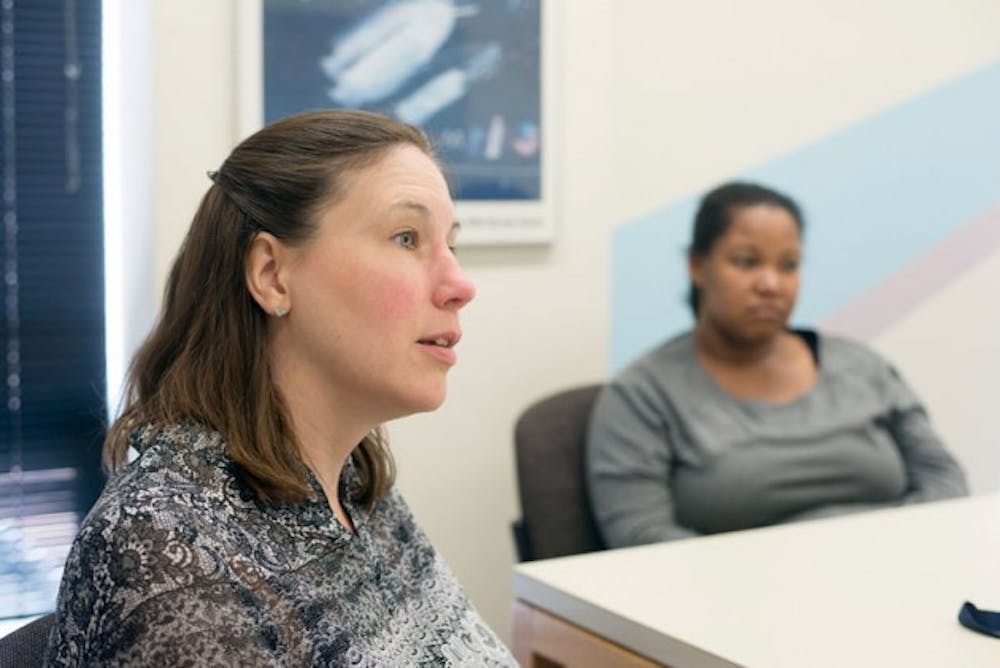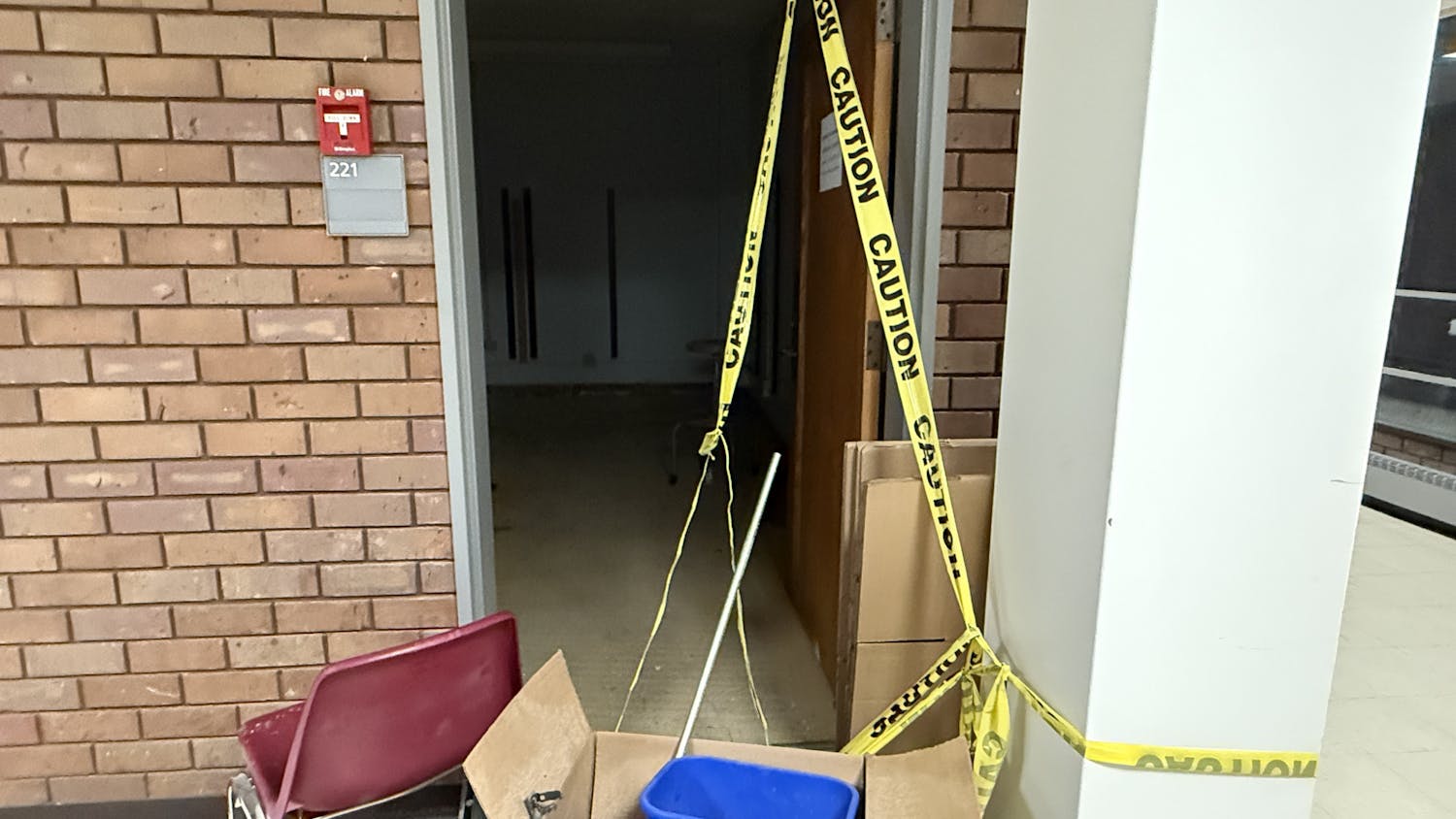Music Learning Theory - a concept developed at UB in the ’70s - has made its way out of the classroom and onto students’ computers nearly 40 years later.
Former UB professor Edwin E. Gordon developed Music Learning Theory, or MLT, for students and faculty to analyze how music is learned.
This fall, UB’s Graduate School of Education is expanding its online services by introducing a program known as the Advanced Graduate Certificate (AGC) in MLT. The certificate program requires 15 credits for completion.
Buffalo is the “birthplace” of the theory, according to Elisabeth Etopio, a clinical assistant professor in the Department of Learning and Instruction. She believes the program is carrying on MLT’s “rich tradition.”
Jennifer McDonel, who teaches in the program, explained the AGC-MLT is the only one of its kind.
“It is not a master’s degree,” she said. “It is focused solely on the roots, development and use of MLT in the music classroom at a deep level.”
Applicants to the program must have completed their bachelor’s degree from an accredited institution, according to its website.
The program will help educators and graduate students use what they already know about Music Learning Theory into a body of knowledge that’s practical for them to use and apply in individual teaching settings, she said.
Maria Runfola, an associate professor in the Department of Learning and Instruction at UB, has oversight of the purely online program. The curriculum of the program teaches educators how to teach their students to not only become better musicians, but to gain a deeper appreciation in music understanding, according to Etopio.
“[The certificate] is really just a framework and then what you do within that framework can be very … eclectic,” she said. “You can study in a variety of different ways, a variety of different topics. It’s just the sequence you put them in to make it easy for the students in your classes to learn.”
Joe’l Staples, a graduate student in the Curriculum Instruction and the Science of Learning department, studied at the UB Summer Music Education Institute.
The UB Summer Music Education Institute is a program for teachers, educators and graduate students to “enhance your musicianship and pedagogy skills,” according to its website. Some of its courses – including Piano Music and Early Childhood Music – integrate MLT into the curriculum.
Staples said the program was neither “hard nor easy,” but the course taught her concepts she actually would want to use and apply.
The UB Summer Music Education Institute partnered with the Gordon Institute of Music Learning, allowing participants to partake in courses that focused on improving educators and developing “audiation,” which is “Gordon’s term for hearing music in the mind with understanding,” according to the program’s description online.
Staples said Gordon’s theory is not a “one time deal” that could be immediately applied and never altered. She said the theory is still growing because Gordon is always looking to improve and expand upon it.
“While it will be a rigorous and challenging course of study, all who want to learn cutting-edge, researched-based music education theory and practice will benefit from this program,” McDonel said.
Her goal for the program is to see more students that are coming from MLT undergraduate and graduate programs to utilize UB’s curriculum as a way to deepen their knowledge. She hopes the AGC-MLT gains recognition as a high standard of learning in the field.
email: news@ubspectrum.com





